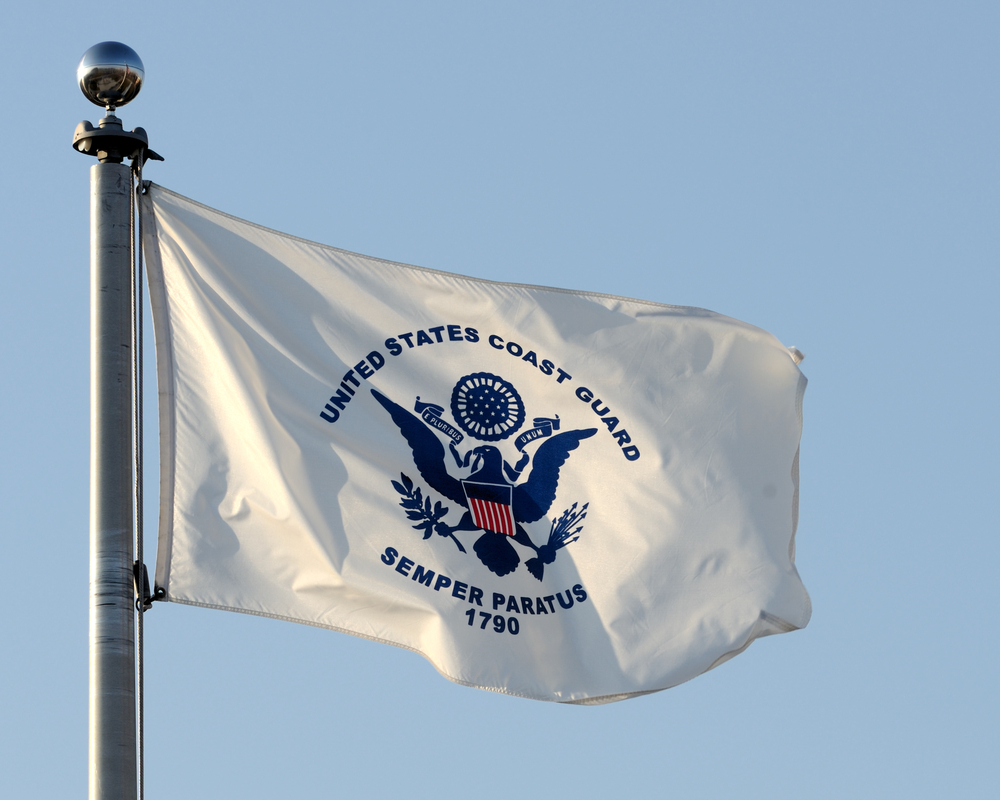
The U.S. Senate Committee on Commerce, Science, and Transportation advanced a bill that would authorize appropriations for the U.S. Coast Guard operations through Fiscal Year 2021.
The bill, among other things, will help the Coast Guard recruit and retain a workforce through a number of reforms. It also directs regular assessments of available unmanned maritime systems for potential use for Coast Guard support missions.
“The Coast Guard is a vital part of our nation’s military,” Sen Roger Wicker (R-MS), one of the bill’s sponsors, said. “This bill would authorize funding for this critical component of our national security through 2021, bolster its recruiting, retention, and childcare programs, and improve the competitiveness of America’s maritime industry. Additionally, the legislation would guarantee that Coast Guard men and women continue to receive their pay in the event of a government shutdown alongside our other military services.”
Sens. Maria Cantwell (D-WA), Dan Sullivan (R-AK), and Ed Markey (D-MA) also sponsored the legislation.
“In the state of Washington, we have a proud maritime heritage, so the Coast Guard is an integral part of our community,” Cantwell said. “This legislation moves the ball forward on important priorities for the men and women that work for the Coast Guard.”
The committee also approved the Protecting Our Infrastructure of Pipelines Enhancing Safety (PIPES) Act of 2019, which would reauthorize the Department of Transportation’s pipeline safety program administered by the Pipeline and Hazardous Materials Safety Administration (PHMSA). The bill provides a four-year authorization of PHMSA’s pipeline safety program with greater resources allocated to state and local pipeline safety officials. It also allows PHMSA to conduct pilot programs to evaluate innovative pipeline safety technologies to enhance pipeline safety. Further, it directs PHMSA to update its current regulations for large-scale liquefied natural gas (LNG) facilities and establishes an LNG Center of Excellence.




